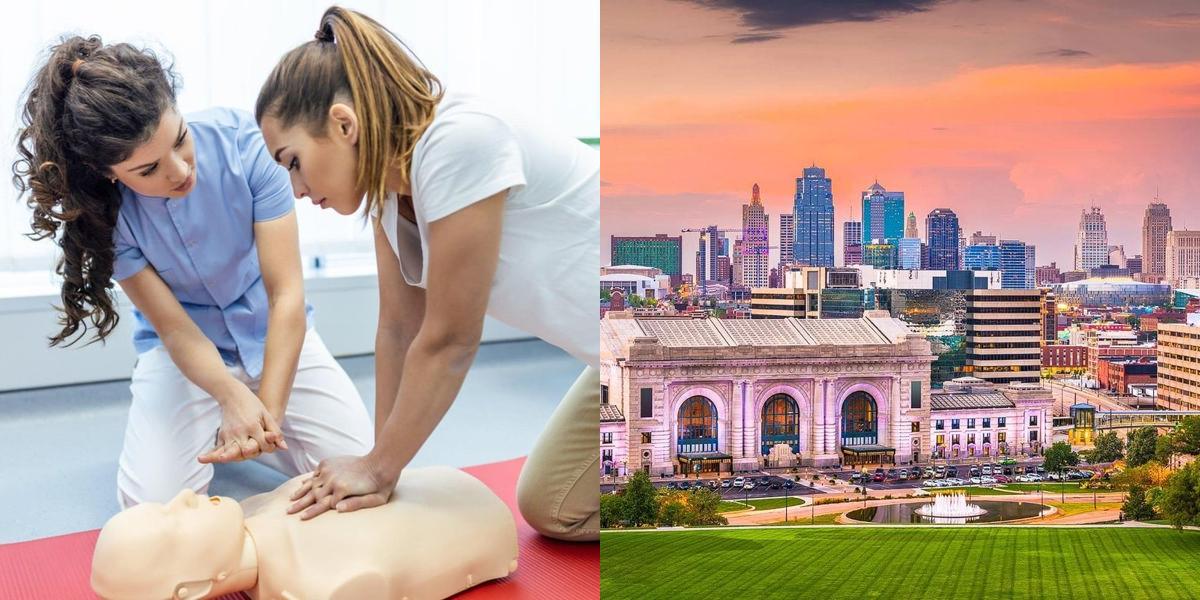How to Become an EMT in Missouri (2025)

If you're looking for a career in Missouri where you can make a real difference and skip the years of college debt, becoming an Emergency Medical Technician (EMT) is a fast and direct path. This isn't just a job; it's a role on the front lines of healthcare where you'll be the first to help people in crisis. The state employs nearly 15,000 EMTs and paramedics, who earn a median salary of $40,800 per year, according to the U.S. Bureau of Labor Statistics. This guide breaks down the exact steps to get you from the classroom to an ambulance in just a few months.
How to Get an EMT Job in Missouri?
First, you must apply for your official EMT license through the Missouri Department of Health and Senior Services, Bureau of EMS. While your application is processing, create a resume that highlights your new NREMT certification and your hands-on training. Apply to private ambulance services, local fire departments, and hospital emergency rooms. Many training programs have strong relationships with local employers and can help with job placement.
5. Pursue Advanced Education
Your EMT license is an amazing starting point. The most common next step is to go back to school to become a Paramedic, where you'll learn advanced life support skills and significantly increase your salary. Many EMTs also use their patient care experience as a foundation to bridge into nursing, physician assistant, or other healthcare programs.
Where to Find EMT Classes in Missouri
Dreambound makes it easy to find EMT programs near you. You can browse local training options, compare tuition costs, and read details about course length and schedules. One featured option is the EMT Training program in Kansas City.
EMTs have plenty of ways to move up or pivot within the healthcare field:
- Paramedic: Take advanced training to provide a higher level of emergency care, including administering medication and starting IV lines.
- Firefighter or Police Officer: Use your emergency training as a stepping stone into broader public safety roles.
- Emergency Medical Dispatch: Help coordinate first responders from behind the scenes, ensuring the right resources reach the right location.
- Healthcare Specializations: Transition into nursing, respiratory therapy, or physician assistant programs with the hands-on patient experience you’ve already gained.
- EMT Instructor: Guide the next generation of EMTs by teaching at local community colleges or training centers.
Frequently Asked Questions
How much does it cost to become an EMT in Missouri?
The total cost to become an EMT in Missouri, including tuition, books, and exam fees, typically ranges from $1,200 to $2,500.
How much are EMTs paid in Missouri?
The median EMT salary in Missouri is $40,800 per year, or about $19.62 per hour, according to the latest BLS data.
What are the top three industries that employ EMTs?
According to the BLS, the top industries employing EMTs are Ambulatory Health Care Services (ambulance companies), Local Government (fire departments), and General Medical and Surgical Hospitals.
Final Thoughts
Becoming an EMT in Missouri is a clear path to a meaningful healthcare career. With short training, affordable costs, and steady job growth, EMTs can quickly start making a difference in their communities.
Ready to take the leap? Enroll in an accredited EMT training program today and start your journey towards a dynamic career in emergency care!
Dreambound offers a window into various career paths, so if you're considering a shift in your career, browse through these articles:

Athena is Co-founder and CEO of Dreambound.




